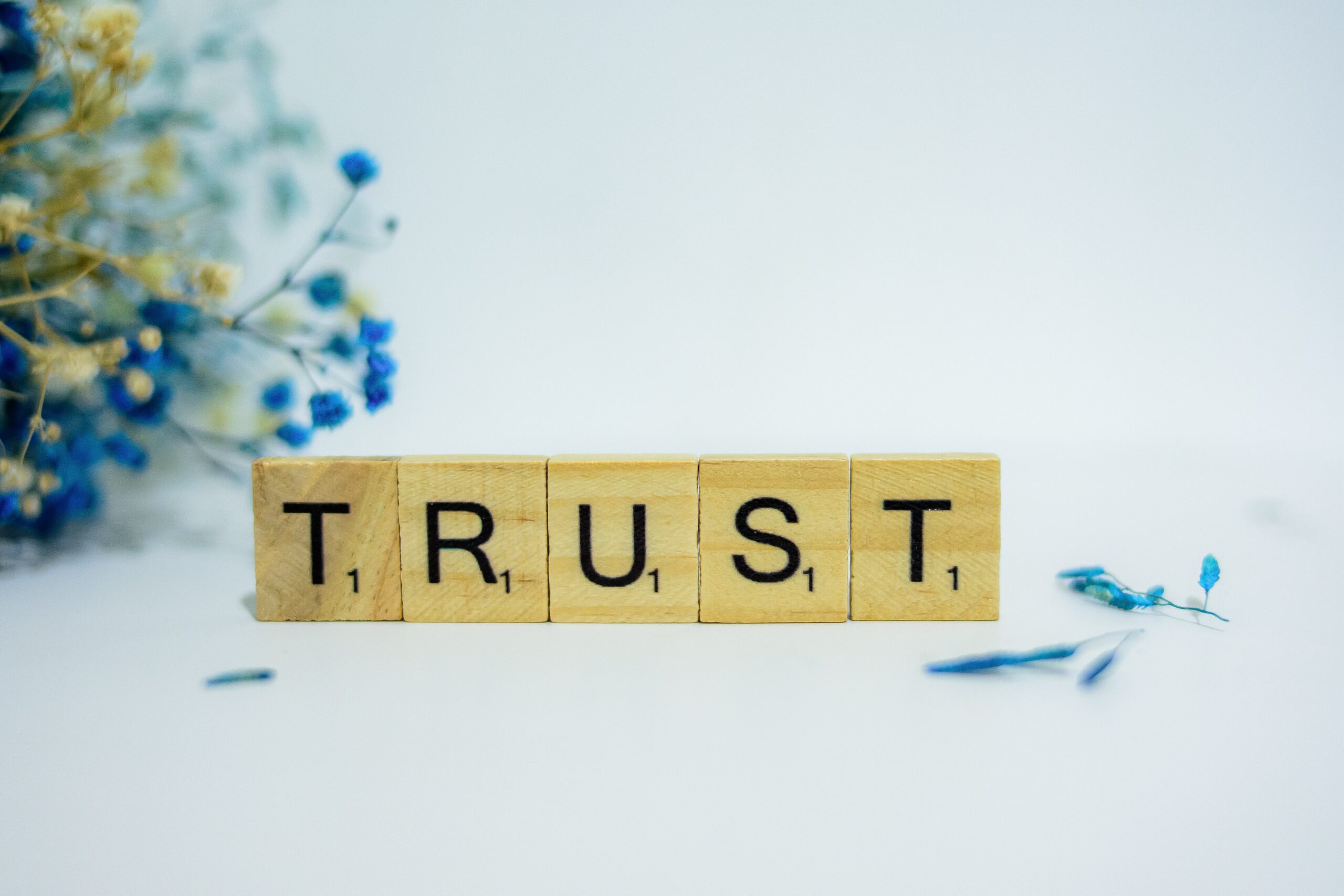Closed door. Hushed voice. Gossip. Cornered in an office. Put on the spot. My coworker unloading their annoyances about our coworker. I’m the newest person on the team. Expected to take sides. Slippery slope. Placed between a rock and a hard place.
“Conflict is inevitable, but combat is optional.” ~Max Lucado
When I came across this quote, I learned I had OPTIONS. ONE. I could cave to the pressure from said coworker and be sucked into her web of negativity and quest to smear the reputation of our other coworker. TWO. I could push back, vehemently disagree with her perspective, and then rat her out to our other coworker. THREE. I could respectfully disagree, communicate healthy boundaries, and show respect to both of my coworkers AND to myself.
The first two options were combative and would likely produce bad feelings, broken trust, and unproductive work. The third option is an example of healthy conflict; this is what I chose. It allowed me to communicate my boundaries and establish expectations for future team interaction.
Conflict and combat are two different things. Conflict isn’t bad. In fact, conflict is a GOOD thing. Wait?! What?!? Yes, conflict is a good thing.
Think about conflict like this. You are on a first date, and you are of course on your best behavior. While out to dinner you notice your date has terrible table manners and chews with his/her/their mouth open. Oh, this bug you!
One of two reactions commonly follow. One. You lose your mind and call him/her/them out (this is combative and a sign of a lack of respect for your date). Two. You say nothing because you have not yet established trust (this is a sign of a lack of respect for yourself and maybe your date too), and the two of you never go on a second date.
Here is what you need to know about conflict and why it is good:
- Conflict produces more creative solutions and better problem solving.
- Strong teams voice disagreement and its team members view disagreement as a good thing.
- Conflict in the form of criticism that is frequent, frank, and relatively comfortable is a sign of a strong team.
- When people trust each other, they openly share their opinions and ideas even at the risk of conflict.
So, I’m not telling you to invite more conflict into your life, BUT I am definitely encouraging you to embrace conflict. Engage with conflict. From experience, I can tell you that EVERY SINGLE TIME I have been courageous enough to address a conflict and did so in a respectful, professional way, I have felt more self-respect and enjoyed stronger relationships, more productive teamwork, and better outcomes.
YOUR TURN
- Identify one conflict you are not addressing.
- Ask yourself what outcome would be a win/win for both (or all) of you.
- Plan what you are going to say using powerful language.
- Have the conversation.
For more on managing conflict well:
Stop Letting Others Violate Your Boundaries
Conflict: Why are People So Difficult
Conflict and People Who Need Control
Conflict and People Who Need Appreciation









Leave A Comment